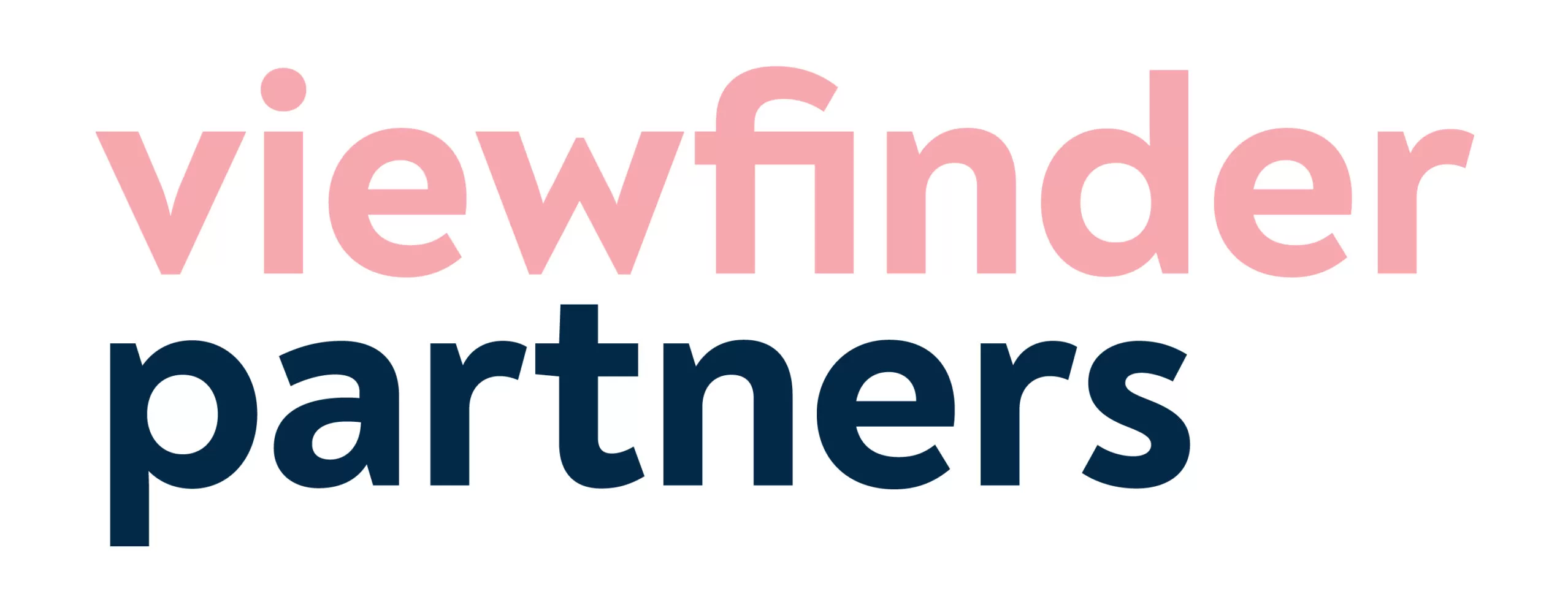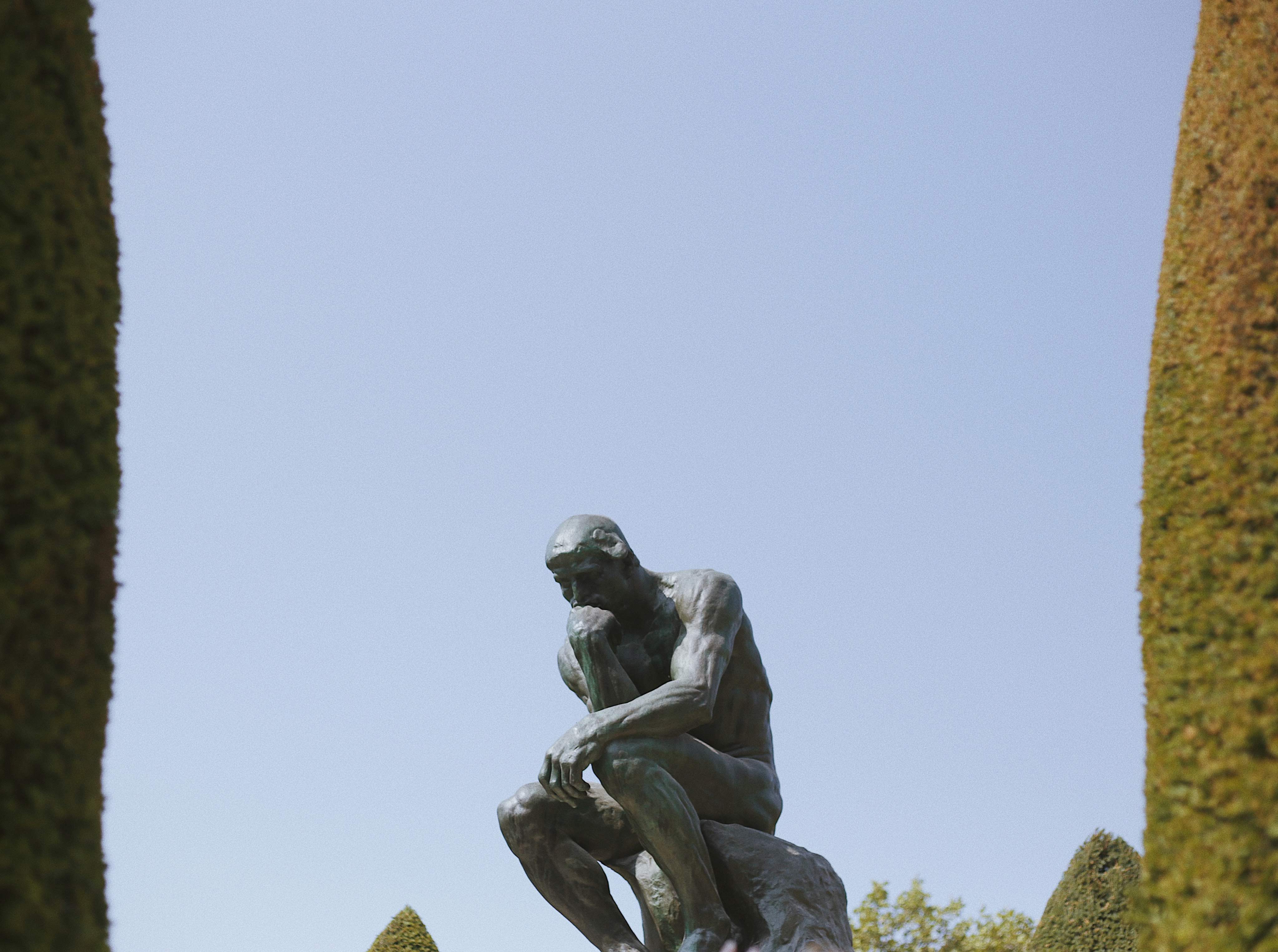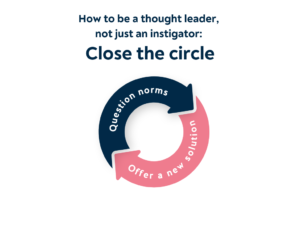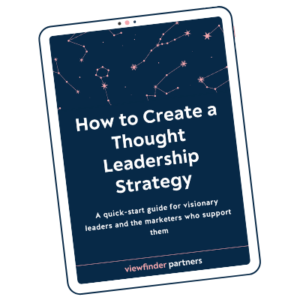Last week, my kids did a virtual camp. Every day, different teachers told stories for the under-six set. They were storytelling on recorded videos, without the normal snacks or crafts or songs that make in-person camp fun. So they had to get creative.
And as I prepare for my new role as an accidental at-home kindergarten teacher (😢), I was taking notes. How did they keep kids’ attention? How did they make complicated stories simple? How did they get the key points across?
I noticed one tactic: After telling a story, instead of looking at the camera and repeating the lessons, the teachers asked questions. They started with “I wonder…”
“I wonder how she was feeling when she was all alone.”
“I wonder how it felt when the other people were nice to her.”
“I wonder if she was scared.”
“I wonder what happened next.”
If you’ve studied education at all, you could definitely school me in modern pedagogical methods — I’m new at this. But for now, I’m saving the “I notice / I wonder” tactic to use this fall to help my kid think about what she already knows, work through problems, and wonder what else there is to learn.
This approach resonated with me because I’ve always been more interested in the big questions than the certain answers. Quick, flat answers don’t feel genuine to me. And in 2020, who has any answers? We all have questions. All we have is questions.
I’ve seen related advice about finding accurate COVID-19 information — look for sources that call out nuance and uncertainty; look for people who say “We aren’t sure” or “We’re still studying.”
The same advice rings true in thought leadership: Get comfortable with nuance and uncertainty.
This year, a lot of leaders who were previously self-assured, bold, and confident…have paused.
And pausing is good. But my message has been consistent this year: You don’t have to know all the answers. People don’t want perfection. They want to know how you’re thinking. They want to hear the questions you’re asking. They want to know how you’re making decisions — the process, not just the final outcome. I know I’m drawn to people who don’t claim to know it all, but who can help me with my own thought process.
I saw a tweet that gave me the words I’d been looking for:
I’ve been unfollowing most people who are (or seem to aspire to be) “Thought Leaders” on here over the last few months. My tolerance for pathological certainty has significantly declined.
Pathological certainty.
We see it all over social media. “Follow this simple 3-step formula to make your first million!” Lists and lists of assured answers. When most people really just want the solidarity and assurance that they’re asking the right kinds of questions.
I liked this response to the tweet above:
In my mind, thought leaders are those who wrestle with big ideas in new ways, not people who have all the answers.
What do you wonder? What ideas are you wrestling with?
I’m here to tell you that working through those answers — thinking in public — will lead you to the most helpful and valuable conversations you could start this year.







